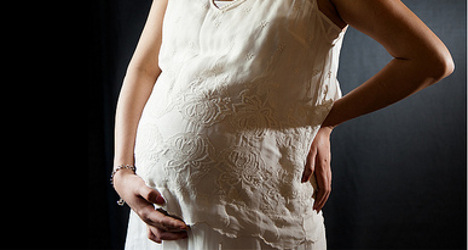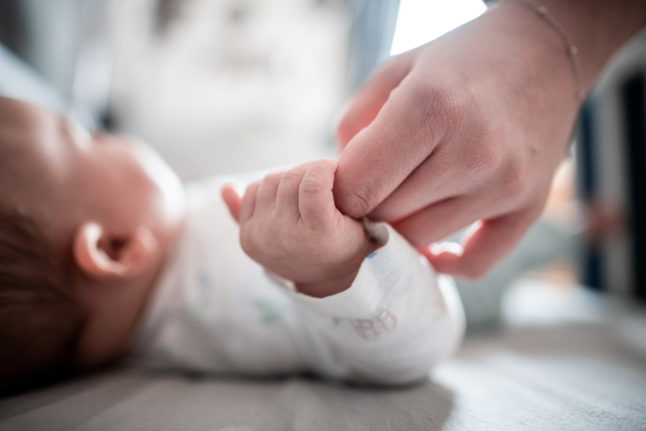The birth rate in the capital has fallen to a level not seen since 1975, at the end of the post-war baby boom and the year abortion was legalised in France, Le Parisien newspaper reported this week.
Figures from INSEE – the French National Institute for Statistics and Economic Studies – show that, after first falling below 30,000 in 2012, the rate has now dropped even lower.
There were 29,291 babies born in Paris in 2012, and 28,945 in 2013. After a rise in the birth rate in the late 1990s, the decline began in 2011, according to the Paris Urban Planning Agency (APUR). The current rate is 9 per cent lower than ten years ago in 2004.
Births in Paris, although declining at a sharper rate than elsewhere in the country, are in line with the national trend. The birth rate across France fell by 1.3 per cent in 2013 compared to 2012.
Critics argue that the only way the government can counter a negative impact on the birth rate is by providing enough childcare places for toddlers, which are at a premium in the French capital.
Paris mayor Anne Hidalgo, who claimed in an interview last year with Condé Nast’s Women’s Wear Daily that the Parisian birth rate was “the highest in France”, has pledged to provide 5,000 extra nursery places by 2020.
City councillor Nawel Oumer, responsible for early childhood and child protection, insisted that the new figures would not affect that decision, adding: “especially as the decline this year is relatively small.”
Oumer suggests that the falling birth rate is due to women in the capital delaying having their first child.
But APUR says it may not just be about a lack of creche places.
The agency suggested that the birth crisis is a result of the current economic climate, which has seen families struggle, saying: “We cannot discount a link between the fall of births in Paris and the economic difficulties. Couples are postponing having a family while they wait for better times.”
Government cuts family benefits
The French government came under fire in September from family associations, including the National Confederation of Catholic Family Associations, and sections of the media when it announced plans to reduce key family welfare benefits in a bid to save €700 million.
Critics say the cuts will contribute to the falling birth rate as having children becomes a “luxury”. There were claims that this will in turn damage the French economic standing, with its high birth rate having long been considered been one of its greatest strengths.
France’s traditionally healthy fertility rate – the second highest in Europe after Ireland – has been attributed to pro-fertility policies such as free post-natal care, subsidised daycare, allowances for each child born and discounts on a range of services for large families, all of which are threatened by the government spending cuts.
“Of course these measures will affect the birth rate. If the state doesn't offer help it's clear that poorer families won’t be able to afford childcare, which will put them off having children,” Thierry Vidor, from the organisation Familles de France, told The Local. “This government is taking us back to the nineteenth century.”
Writing in right-leaning Le Figaro magazine economist Gaëtan de Capèle said: “Common sense would suggest we protect the family benefits (politique familiale) that are proven to work and which ease the burden… of paying for the ageing population.
“But unfortunately the government is doing exactly the opposite. The result is that having children in France will soon become a luxury,” Capèle wrote.
In the communist newspaper Humanité, Maurice Ulrich said that the government had turned one of France’s principles on its head as it makes welfare cuts to fund a package of tax breaks for businesses, called the Responsibility Pact.
“It’s an inversion of priorities. The basis of Social Security is the idea that wealth generated by businesses should contribute to the well-being of all," Ulrich said. "Today it’s the well-being of all that is being challenged to contribute to the wealth of companies and their shareholders."
by Lindsey Johnstone



 Please whitelist us to continue reading.
Please whitelist us to continue reading.
Member comments